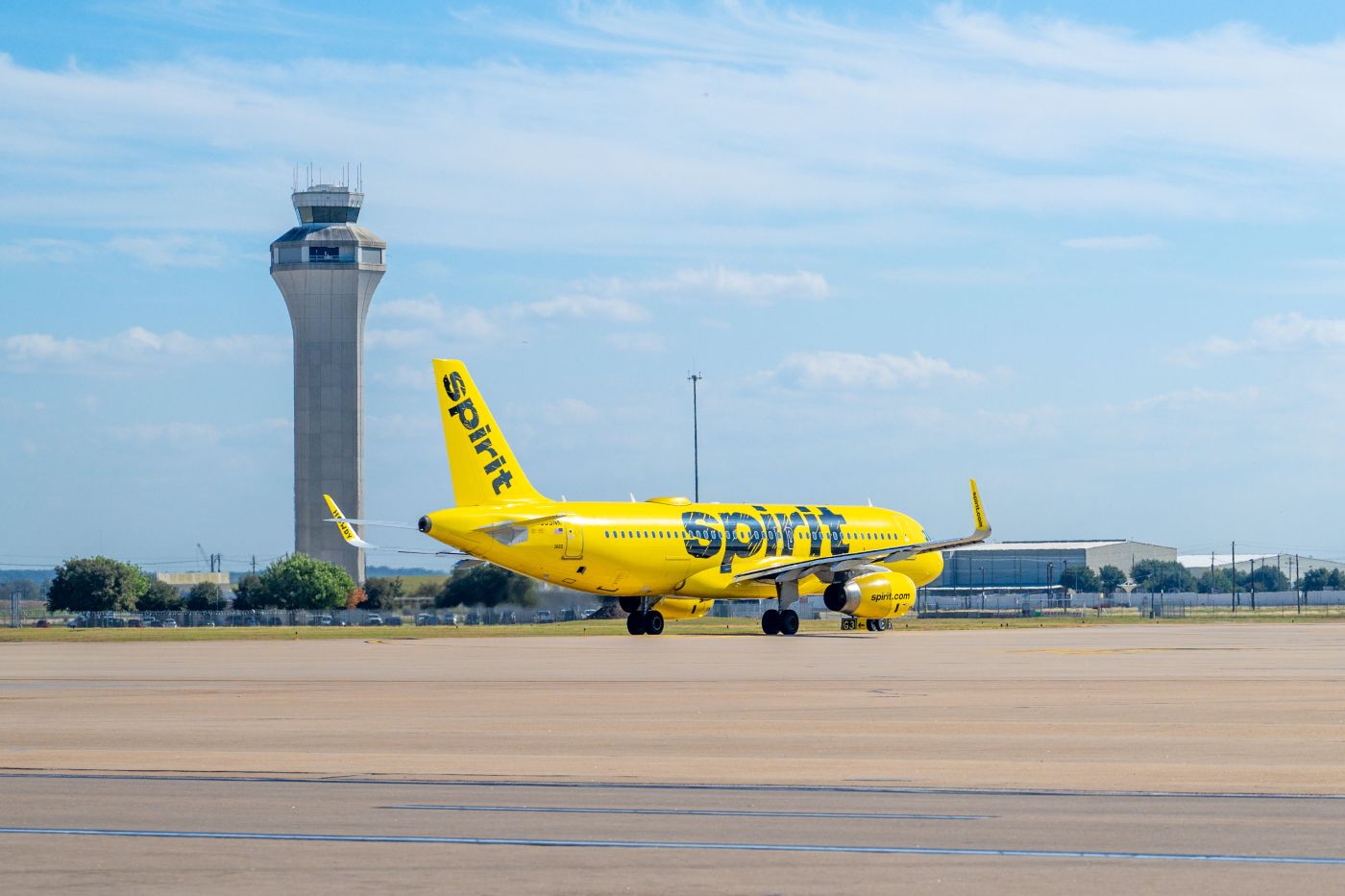
Schulman: Deregulation would help preserve affordable plane tickets
Spirit Airlines is bankrupt, which should embarrass the administration, which blocked JetBlue from acquiring the company earlier this year in an attempt to preserve low fares and competition. In the short term, blocking the merger worked: JetBlue and the post-bankruptcy Spirit will continue competing. However, Spirit’s failure shows the market structure forces airlines to merge or shrivel.
Rather than blocking consolidation, the federal government should prioritize deregulating the industry to allow new and established airlines to increase service.
Though overregulation impedes competition across the country, John F. Kennedy International Airport in New York lies at the heart of the problem. It offers a good example of the challenges facing smaller carriers.
Since the pandemic, smaller airlines like Spirit and JetBlue have struggled to match the networks of large carriers like Delta and United, which dominate the New York market. JetBlue executives felt they needed to expand at JFK, its main base, but couldn’t because JFK is one of the country’s only slot-controlled airports.
While airports typically let carriers land as much as they want, those with limited capacity control access with “slots,” giving the right to land or take off — almost like airline concert tickets. Neither JetBlue nor rival American Airlines could obtain enough slots at JFK to challenge the likes of Delta.
Unable to expand, JetBlue sought to acquire Spirit and entered a cooperation agreement with American, which it dubbed the “Northeast Alliance.”
Until the Department of Justice quashed the alliance, JetBlue and American closely cooperated on routes out of Boston and New York. The airlines opted for consolidation because it offered a way to expand their networks where natural growth was impossible due to a shortage of slots.
Why the shortage? Regulation.
The Federal Aviation Administration imposed slots limiting JFK to 81 takeoffs and landings hourly, partly due to the airfield’s layout and partly because of congestion in the airspace around New York.
The airfield contains two sets of parallel runways, fewer than the nation’s largest hubs like Atlanta, Dallas-Fort Worth and Denver. Environmental regulations, anticipated local opposition, and the resulting high construction costs mean officials have not seriously considered expanding the airport into the adjacent Long Island Sound.
Meanwhile, a severe shortage of air traffic controllers in New York has impeded travel. Although the FAA has worked to train more air traffic controllers, its struggles have prevented it from replanning New York’s airspace to increase capacity.
The problems at the FAA and regulations impeding new projects mean JetBlue and American cannot expand. Consolidation becomes the only way to grow. The shortage of slots prevents any entrant from quickly building a large operation, so competition remains limited to the few established airlines.
Of course, not only local regulations but many imposed nationwide push airlines to merge, such as one that helped induce JetBlue to bid for Spirit: Federal law continues to require that all pilots retire at age 65, even though the nation underwent a serious pilot shortage in the post-lockdown years.
Last year, Congress discussed a series of measures that would have raised the retirement age to 67 and helped ease the shortage, but none became law. Acquiring Spirit would have brought JetBlue pilots in short supply on the labor market, a supply that would have been greater had Congress raised the retirement age.
Such regulations make natural expansion difficult and leave consolidation the only way to grow and compete. Antitrust enforcement slows the inevitable.
The problem can be fixed. Congress could pass a law to streamline the approval process for interstate transport facilities like airports, exempting them from local and some federal rules. Legislators could also raise pilots’ retirement age and push the FAA to build on its efforts to train air traffic controllers at schools outside its academy. More quickly, Congress could prohibit airlines flying international routes from paying the CORSIA carbon market fees. While some countries might oppose this, the new administration is willing to engage in contentious diplomacy on the issue.
Such a program of deregulation could help preserve competition in aviation and low fares. Sadly, it seems too late for Spirit Airlines, at least in its pre-bankruptcy form.
Jeffrey E. Schulman is a contributor for Young Voices./InsideSources


